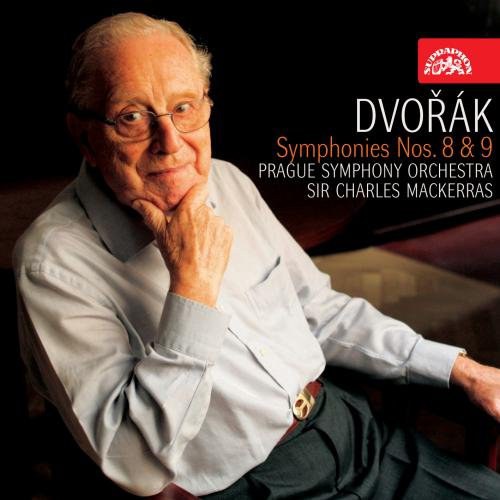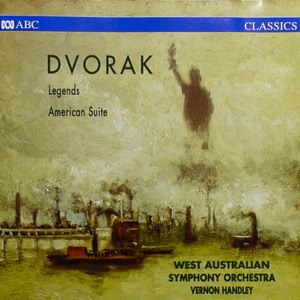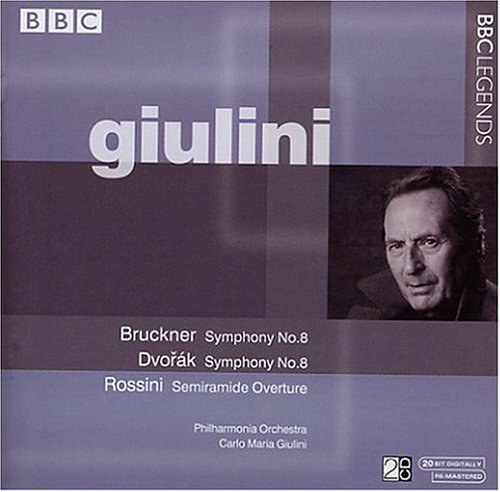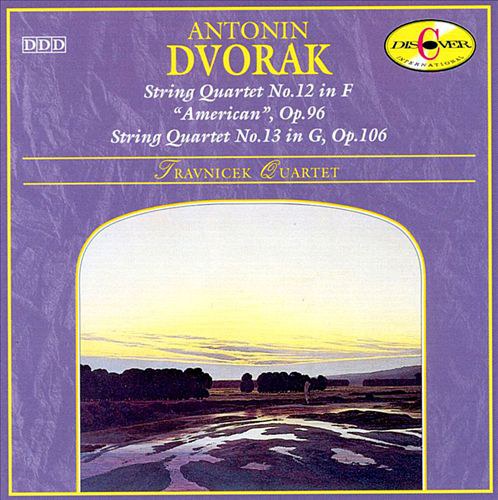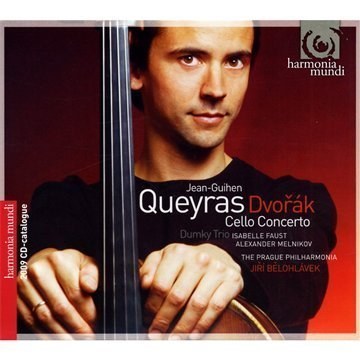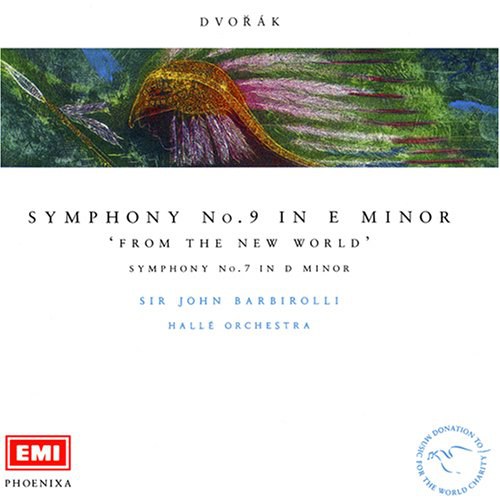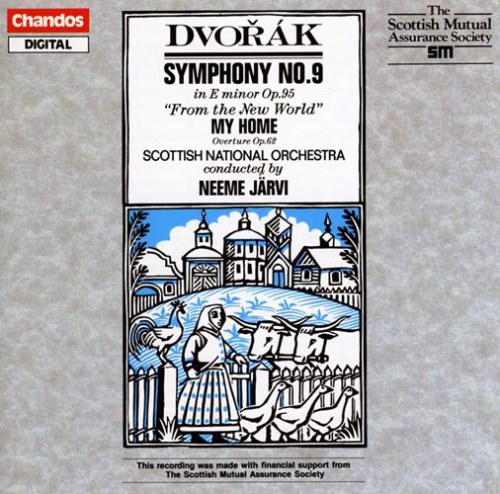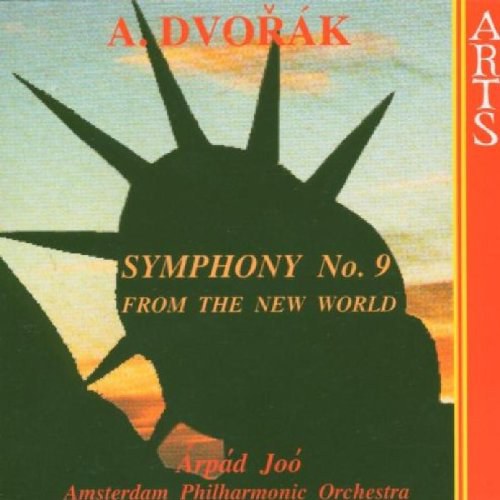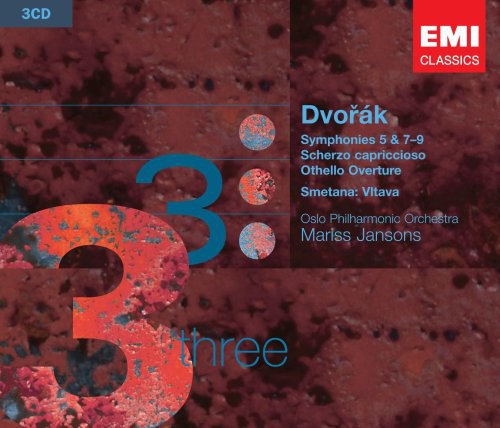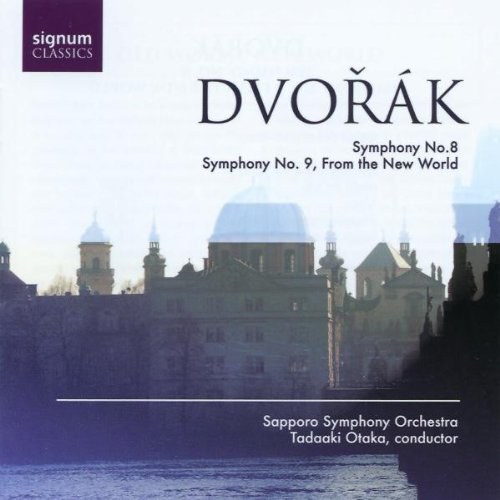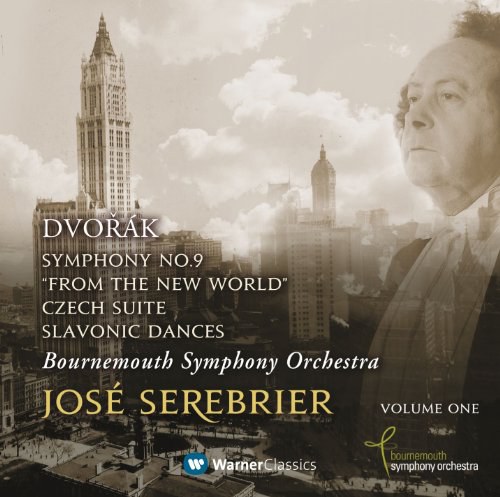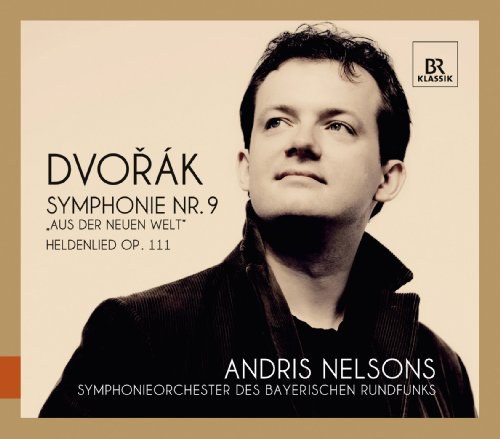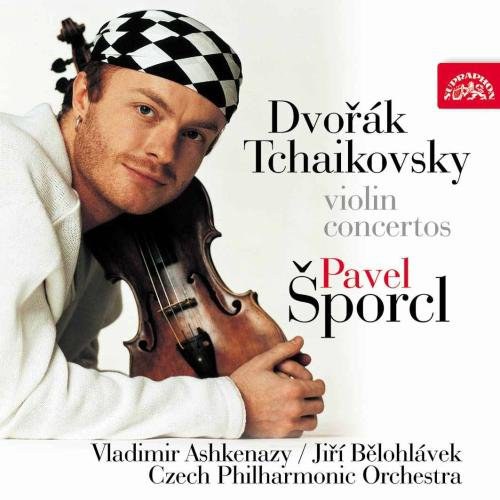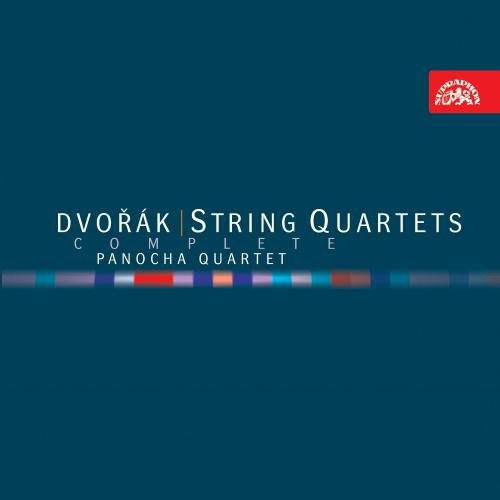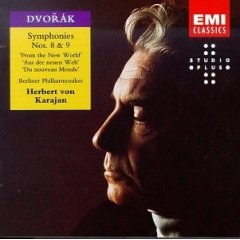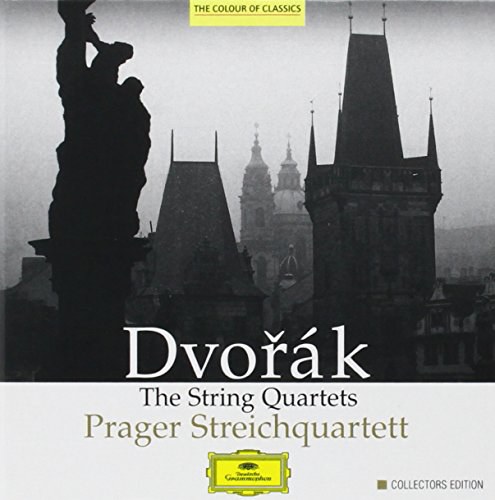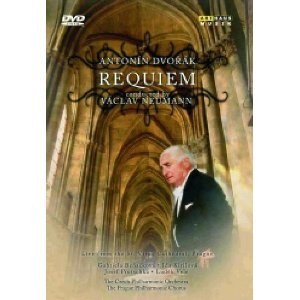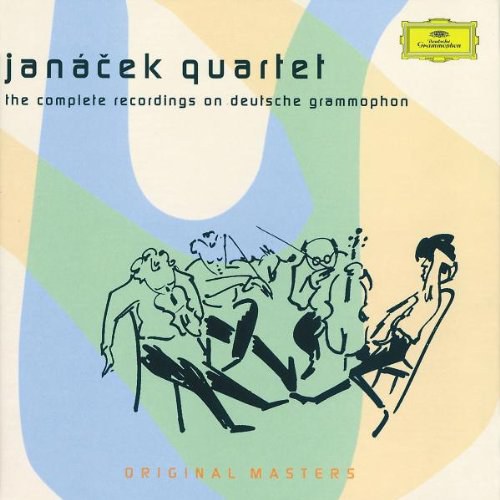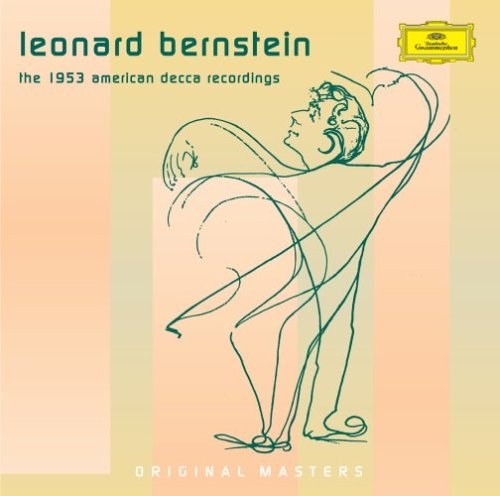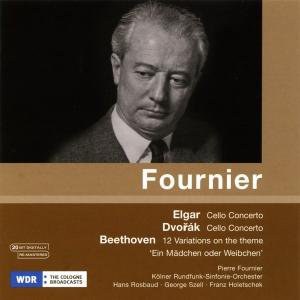Dvořák: Symphony No. 5 in F major, Op. 76 37:54
Recorded: 1989-09-02
Recording Venue: 30 August - 2 September 1989: Konserthus, Os lo
Dvořák: Othello, B.174 13:47
Recorded: 1989-09-02
Recording Venue: 30 August - 2 September 1989: Konserthus, Oslo
Dvořák: Scherzo capriccioso, B.131 Dvořák: Symphony No. 5 in F major, Op. 76 37:54
Recorded: 1989-09-02
Recording Venue: 30 August - 2 September 1989: Konserthus, Os lo
Dvořák: Othello, B.174 13:47
Recorded: 1989-09-02
Recording Venue: 30 August - 2 September 1989: Konserthus, Oslo
Dvořák: Scherzo capriccioso, B.131 12:41
Recorded: 1989-09-02
Recording Venue: 30 August - 2 September 1989: Konserthus, Oslo
Dvořák: Symphony No. 7 in D minor, Op. 70 37:03
Recorded: 1992-01-27
Recording Venue: 22-27 January 1992, Konserthus, Oslo
Dvořák: Symphony No. 8 in G major, Op. 88 36:41
Recorded: 1992-01-27
Recording Venue: 22-27 January 1992: Konserthus, Oslo
Dvořák: Symphony No. 9 in E minor, Op. 95 'From the New World' 40:36
Recorded: 1988-11-30
Recording Venue: November 1988, Konserthus, Oslo
Smetana: Má Vlast: Vltava 12:09
Recorded: 1988-11-30
Recording Venue: November 1988: Konserthus, Oslo
Recorded: 1992-01-27
Recording Venue: 22-27 January 1992, Konserthus, Oslo
Dvořák: Symphony No. 8 in G major, Op. 88 36:41
Recorded: 1992-01-27
Recording Venue: 22-27 January 1992: Konserthus, Oslo
Dvořák: Symphony No. 9 in E minor, Op. 95 'From the New World' 40:36
Recorded: 1988-11-30
Recording Venue: November 1988, Konserthus, Oslo
Smetana: Má Vlast: Vltava 12:09
Recorded: 1988-11-30
Recording Venue: November 1988: Konserthus, Oslo
